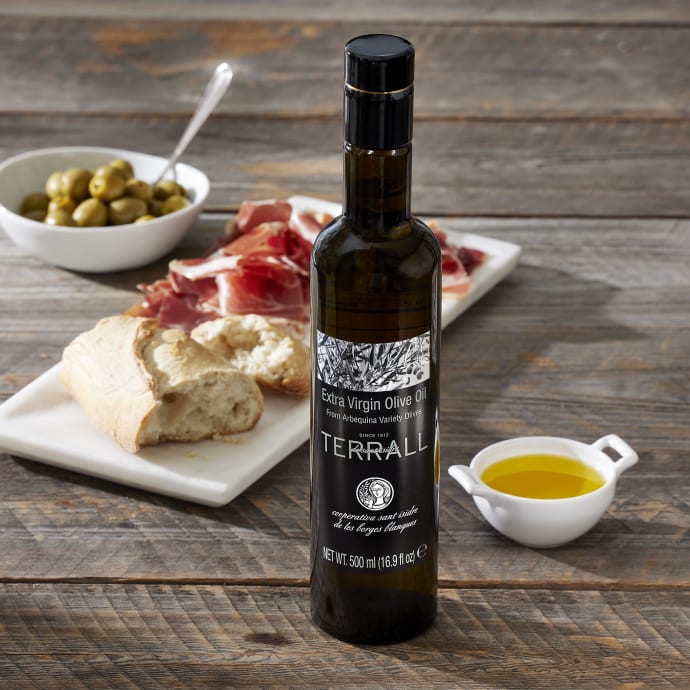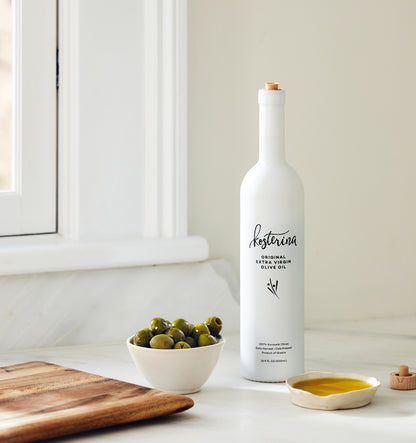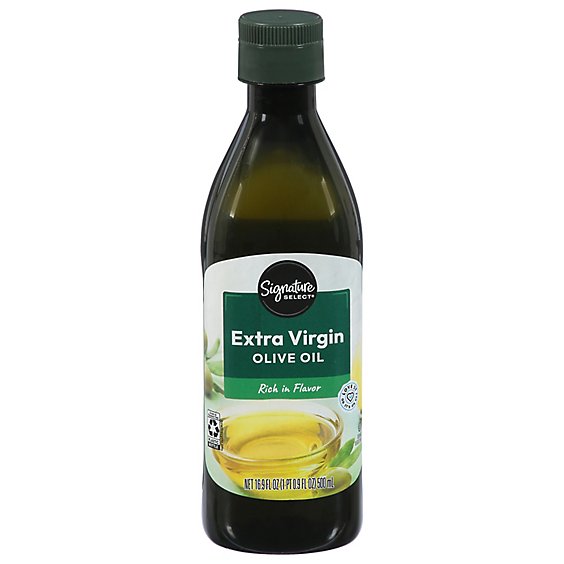Checking Out the Various Sorts Of Olive Oil and Their Uses, Consisting Of Bonus Virgin Olive Oil
The expedition of olive oil includes a diverse range of kinds, each offering culinary applications and distinctive flavors. Bonus virgin olive oil, renowned for its remarkable high quality and health advantages, serves as a staple in many kitchens, yet it is only one element of this multifaceted active ingredient.
What Is Olive Oil?
Originated from the fruit of the olive tree, olive oil is a staple in Mediterranean food and a crucial ingredient in various culinary applications. This versatile oil is generated by pressing entire olives, leading to a fluid that varies in shade, flavor, and scent depending on the type of olives made use of, the area of cultivation, and the extraction process. Olive oil is primarily composed of monounsaturated fats, specifically oleic acid, which is known for its potential health and wellness advantages, consisting of anti-inflammatory residential properties and cardio assistance.
Along with its cooking usages, olive oil has a lengthy history of application in traditional medicine and skin care, owing to its abundant antioxidant web content (extra virgin olive oil benefits). The oil is commonly used in dressings, marinates, and for cooking methods such as sautéing and roasting. Its distinct flavor account can enhance the taste of numerous dishes, making it a vital component for both home cooks and professional cooks
In addition, olive oil is celebrated for its duty in the Mediterranean diet regimen, which is connected with various health benefits. As recognition of these benefits grows, olive oil remains to obtain appeal worldwide as a basic element of a healthy and balanced lifestyle.
Kinds Of Olive Oil
Understanding the different sorts of olive oil is vital for both health-conscious customers and culinary enthusiasts. Olive oil is identified largely based on its extraction approach and high quality, which substantially affects its health and wellness, scent, and taste advantages.

Light olive oil, regardless of its name, describes a lighter flavor and not reduced calories. It is perfect for those looking for a more refined preference in marinades and dressings. In addition, there are flavorful olive oils instilled with herbs, seasonings, or citrus, which can boost meals without the demand for added flavoring.
Each type of olive oil serves certain cooking functions, and comprehending these differences enables customers to make informed options that line up with their food preparation styles and health objectives.
Bonus Virgin Olive Oil
Extra virgin olive oil (EVOO) is widely considered the highest possible quality olive oil offered, well known for its abundant taste and various health and wellness benefits. To be categorized as extra virgin, the oil has to be produced from fresh olives making use of mechanical processes, without using solvents or extreme heat. This thorough technique protects the oil's all-natural flavors, antioxidants, and healthy fats, causing an item with a reduced acidity level of less than 0.8%.
EVOO is abundant in monounsaturated fats, specifically oleic acid, which is connected like it to decreased swelling and improved heart health. It likewise has polyphenols, effective anti-oxidants that might use protective effects against persistent diseases. The taste account of EVOO can differ substantially depending upon the olive selection and region of production, ranging from verdant and fruity to robust and peppery.

Culinary Use Olive Oil

In food preparation, olive oil can be utilized for sautéing, learn this here now toasting, and barbecuing, click for source giving a healthier choice to butter or other fats. Its high smoke factor makes it ideal for various cooking methods, while its antioxidants contribute to a heart-healthy diet regimen. Showering olive oil over ended up dishes, such as pasta, fish, or smoked veggies, can boost flavors and include a touch of beauty.
Additionally, olive oil plays a considerable duty in baking, where it can replace traditional fats in recipes for bread and breads, passing on dampness and a subtle preference. It also functions as a base for infused oils, enabling cooks to trying out tastes such as garlic, natural herbs, or chili, even more increasing its cooking capacity. Overall, olive oil's versatility makes it important in both home and specialist cooking areas.
Finding Quality Olive Oil
When picking top quality olive oil, it's important to take into consideration several vital factors that influence the item's flavor, fragrance, and health and wellness advantages. Choose for additional virgin olive oil (EVOO), which is derived from the first cold pushing of olives and contains the highest degrees of antioxidants and useful compounds. Seek oils that are accredited by acknowledged companies, as this frequently makes sure adherence to rigorous top quality criteria.
The packaging likewise plays a substantial role in preserving the oil's stability. Select oils stored in dark glass containers or tins to protect versus light destruction. Pay focus to the harvest day; fresher oils supply remarkable taste and nutritional worth, so select items that are within 18 months of their harvest.
Be aware of the taste; a good top quality olive oil must have a balance of fruity, bitter, and peppery notes, indicating its splendor and intricacy. By assessing these elements, you can guarantee you are choosing the ideal olive oil for your cooking demands.
Verdict
In recap, the expedition of numerous types of olive oil discloses unique features and applications, with extra virgin olive oil standing for the pinnacle of high quality due to its low level of acidity and high antioxidant material. Recognizing the different selections of olive oil allows for notified options in food preparation methods, advertising much healthier methods while enriching the general gastronomic experience.
Acquired from the fruit of the olive tree, olive oil is a staple in Mediterranean cuisine and a vital active ingredient in numerous culinary applications.The most usual types of olive oil include refined olive oil, pure olive oil, and light olive oil.Bonus virgin olive oil (EVOO) is extensively related to as the highest quality olive oil readily available, renowned for its rich flavor and numerous wellness advantages. Decide for added virgin olive oil (EVOO), which is derived from the initial cold pressing of olives and has the highest possible degrees of antioxidants and helpful compounds.In recap, the exploration of numerous types of olive oil reveals distinct attributes and applications, with added virgin olive oil standing for the peak of top quality due to its low level of acidity and high antioxidant content.